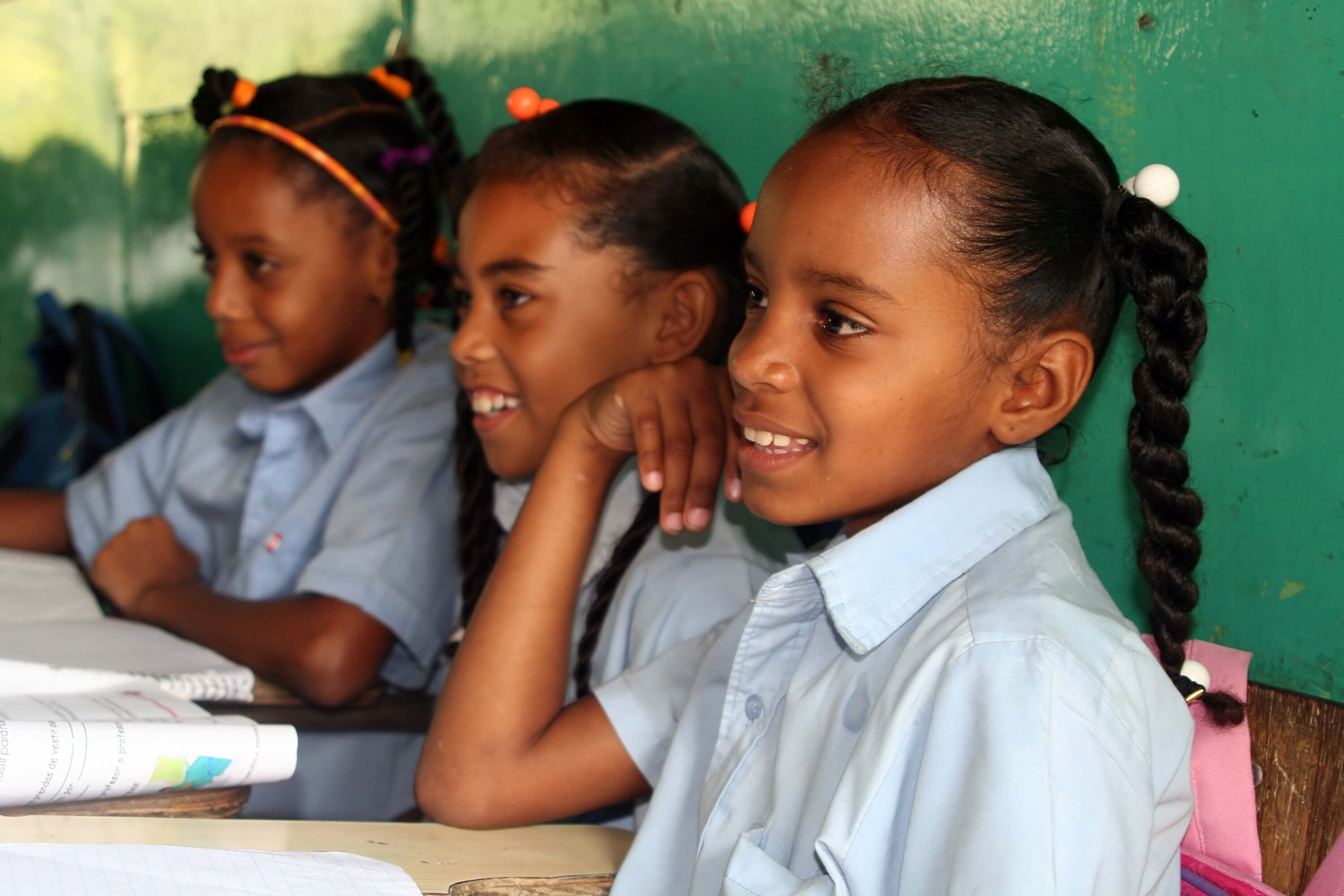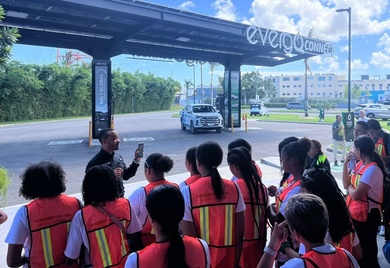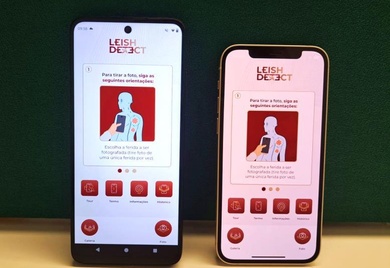Artificial Intelligence for Timely Diagnosis of Tropical Diseases

Climate change increasingly impacts the health of people living in tropical and subtropical areas worldwide and can exacerbate the distribution and transmission of diseases in various ways.
Most of the world's population is susceptible to pathological infectious diseases, whose life cycles are sensitive to environmental factors.
Practically all tropical diseases fall into this category.
This means that human modification of ecosystems and climate change would affect future geographic transmission patterns of many of these infections.
Prevention and early diagnosis are critical to saving people's lives.
Global Threat
The enormous global burden of Cutaneous Leishmaniasis and other tropical diseases disproportionately affects the poor population in developing countries.
According to the World Health Organization, Cutaneous Leishmaniasis is the seventh most relevant tropical disease, and 89 countries have declared it a public health threat, 19 of which are in Latin America and the Caribbean.
Diagnosis is based on clinical and epidemiological contexts, and scrapings or biopsies are needed, complicating and delaying confirmation.
Distance and Barriers
Although treatment is available, healthcare professionals need help diagnosing it, either due to a lack of experience or knowledge about the disease.
Geographic distance, financial constraints, cultural barriers, a shortage of healthcare professionals, and poor infrastructure further hinder the diagnosis of leishmaniasis.
Out of the 89 countries reporting the disease, 9 reported 85% of the infections, three of which are in the Americas: Brazil, Colombia, and Peru.
The high incidence in northern Brazil is driven by deforestation, extractive activities, and unplanned urban growth, particularly in remote, low-income communities.
AI to the Rescue
Predictive artificial intelligence (AI) medical image analysis techniques based on deep learning and machine learning have developed rapidly in recent years.
Since the diagnosis of symptomatic skin diseases is mainly based on how lesions form, this area is considered promising for AI image analysis techniques.

The application of AI in medical imaging has led to precise evaluations being performed automatically.
This automation reduces medical staff's workload, decreases errors and waiting times, and improves performance in predicting and detecting various diseases.
Deep learning and machine learning are already used to diagnose diseases, discover medications, and identify patient risk factors.
Evidence-based innovation
In 2023, the IDB group launched the Amazonia Forever. This holistic umbrella program aims to scale up financing, share strategic knowledge for decision-makers, and enhance regional coordination to accelerate the sustainable, inclusive and resilient development of the Amazon region.
Amazonia Forever also seeks to share knowledge and evidence-based innovations, leverage expertise to support policy development, and improve regional collaboration and coordination.
Under this initiative, IDB Invest is working with the private sector to support green and social initiatives in the Amazonia.
We support the Sociedade Beneficente Israelita Brasileira Hospital Albert Einstein and the Fundação de Medicina Tropical de Brasil with funding from the Spanish government through Spain's Ministry of Economy, Trade and Business.
This support is used to develop an AI-based smartphone application that uses the device’s camera to early diagnose cutaneous leishmaniasis and other tropical diseases with high incidence in the Amazon basin.
Free and Offline
The application is expected to be freely available to healthcare professionals offline, enabling its use in places with connectivity difficulties.
Early diagnosis could lead to better treatment for the estimated 12 million people infected each year worldwide. In northern Brazil alone, the incidence is 46.4 cases per 100,000 inhabitants.
This can result in reduced healthcare costs, fewer hospitalizations, and the prevention of severe disease manifestations, such as disfiguring lesions.
Once deployed, with the support of national health systems, this technology will support precise healthcare provider decision-making in treatment, helping save human lives and generating a positive health impact on local communities.
LIKE WHAT YOU JUST READ?
Subscribe to our mailing list to stay informed on the latest IDB Invest news, blog posts, upcoming events, and to learn more about specific areas of interest.
Subscribe



